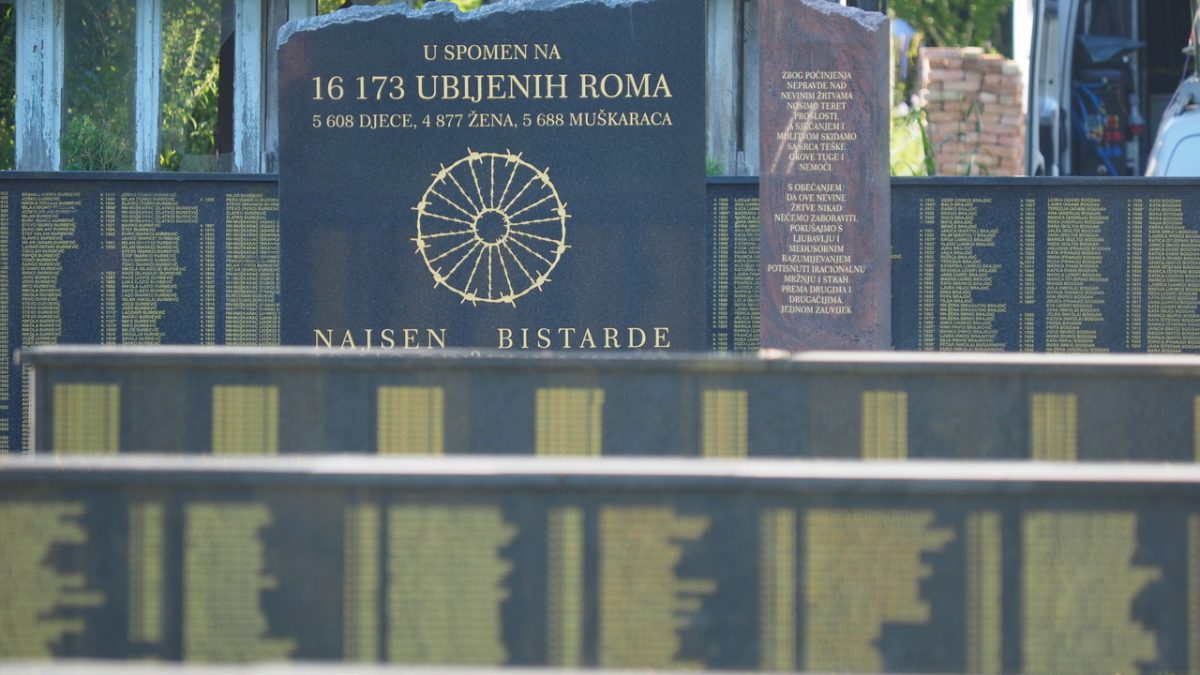The Second World War remains one of the most tragic periods of the modern era and will be remembered in history as a time of rampant hatred and systematic persecution that led to the deaths of tens of millions of people.
According to historians’ estimates, among the victims of the Second World War were between 220,000 and 500,000 Roma. In order to preserve the memory of the victims and ensure their suffering serves as a lasting reminder of the dangers of racism, August 2 is observed as the International Remembrance Day for the Roma Victims of Genocide during the Second World War – Samudaripen. On this date in 1944, nearly three thousand Roma were killed in the Auschwitz concentration camp.
Some Roma also perished during the Second World War in the territory of what is now the Republic of Croatia, under the Ustaša regime, which enacted and enforced racial laws. During the period of the Independent State of Croatia (NDH), Roma were persecuted, deported to camps, and killed.
According to official data from the Jasenovac Memorial Site, in the area of Uštica, the Ustaše enclosed local residents’ homes and properties with wire and turned them into a death collection camp, which from 1942 to 1945 operated as a Ustaša camp for Roma.
In Croatia, the International Remembrance Day for the Roma Victims of Genocide during the Second World War – Samudaripen – is traditionally commemorated at the Roma cemetery in Uštica. The commemoration is organized by the Roma Union in the Republic of Croatia “Kali Sara” and the Office of Member of Parliament Veljko Kajtazi.
A wreath in memory of the victims was also laid by Deputy Ombudswoman Saša Rajić.





